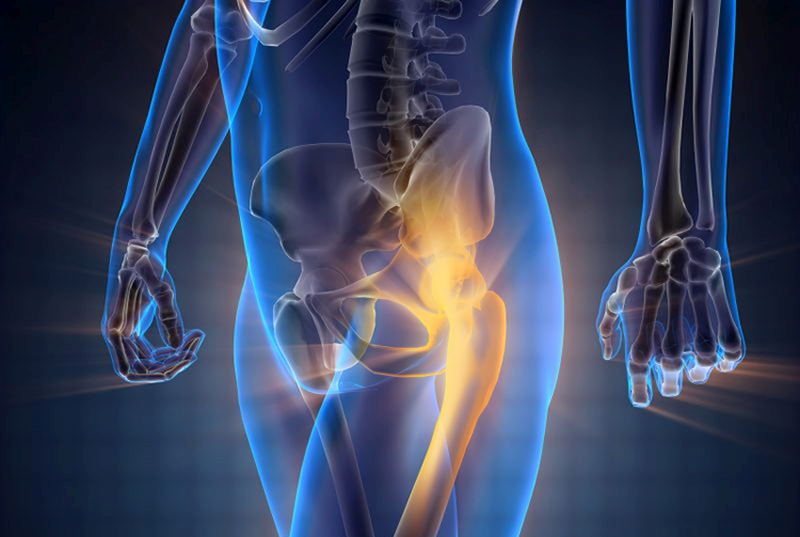
Fueling Excellence: Nutrition Strategies for Sports Health
Nutrition is the cornerstone of athletic performance, playing a pivotal role in supporting physical demands, enhancing recovery, and optimizing overall sports health. This article delves into the essential nutrition strategies that athletes should incorporate into their routines to achieve peak performance and well-being.
1. Understanding the Role of Nutrition in Sports Health:
Nutrition is more than just fuel; it’s a critical component of an athlete’s overall health and performance. Proper nutrition ensures the body receives the necessary nutrients to support energy production, muscle development, and immune function. Athletes must recognize the profound impact of nutrition on their sports health.
2. Macronutrients: The Building Blocks of Sports Nutrition:
Macronutrients—carbohydrates, proteins, and fats—are the foundation of sports nutrition. Carbohydrates provide energy, proteins support muscle repair and growth, and fats contribute to overall health. Balancing these macronutrients according to individual needs is essential for optimizing sports performance.
3. Hydration: A Cornerstone of Sports Health:
Hydration is paramount for athletes. Proper fluid intake supports temperature regulation, nutrient transportation, and overall performance. Dehydration can lead to fatigue, impaired cognitive function, and increased injury risk. Athletes must maintain adequate hydration levels before, during, and after training and competitions.
4. Pre-Exercise Nutrition: Fueling the Body for Performance:
A well-planned pre-exercise meal or snack is crucial for optimizing sports health. Carbohydrates provide readily available energy, while a moderate amount of protein ensures sustained fuel. Timing is key—consumption should occur 2-3 hours before exercise to allow for digestion.
5. During Exercise Nutrition: Maintaining Energy Levels:
For prolonged exercise sessions, especially endurance activities, athletes benefit from consuming carbohydrates to maintain energy levels. Sports drinks, energy gels, or easily digestible snacks can provide the necessary fuel. Staying hydrated during exercise is equally vital for sustaining performance.
6. Post-Exercise Nutrition: Recovery and Muscle Repair:
The post-exercise period is a critical window for recovery. Consuming a combination of carbohydrates and proteins within the first 30 minutes to an hour after exercise supports glycogen replenishment and muscle repair. This aids in minimizing muscle soreness and optimizing sports health for subsequent activities.
7. Individualized Nutrition Plans: Tailoring to Specific Needs:
Each athlete has unique nutritional requirements based on factors such as sport type, training intensity, body composition, and personal goals. Working with a sports nutritionist to develop an individualized nutrition plan ensures that dietary strategies align with specific needs, optimizing overall sports health.
8. Nutrient Timing: Enhancing Performance with Strategic Eating:
Nutrient timing involves aligning food intake with specific training phases to maximize benefits. Consuming carbohydrates before and during exercise, along with a protein-rich post-exercise meal, enhances nutrient utilization and supports sports health by promoting recovery and adaptation.
9. Supplements: A Strategic Addition to Sports Nutrition:
While whole foods should be the primary source of nutrients, supplements can be strategically used to address specific needs. Athletes should approach supplements cautiously, seeking guidance from healthcare professionals or sports nutrition experts to ensure they complement a well-balanced diet and contribute to overall sports health.
10. Continuous Education and Adaptation: Evolving with Sports Science:
Sports nutrition is a dynamic field, with research continually uncovering new insights. Athletes committed to optimizing their sports health should stay informed about the latest nutritional advancements. Continuous education allows for the adaptation of nutrition strategies, ensuring they align with current best practices.
For personalized insights and resources on nutrition strategies for sports health, visit Nutrition for sports health and explore tools to elevate your athletic performance through informed dietary choices. Remember, nutrition is not just a component of sports health—it’s a powerful ally in achieving excellence on and off the field.














